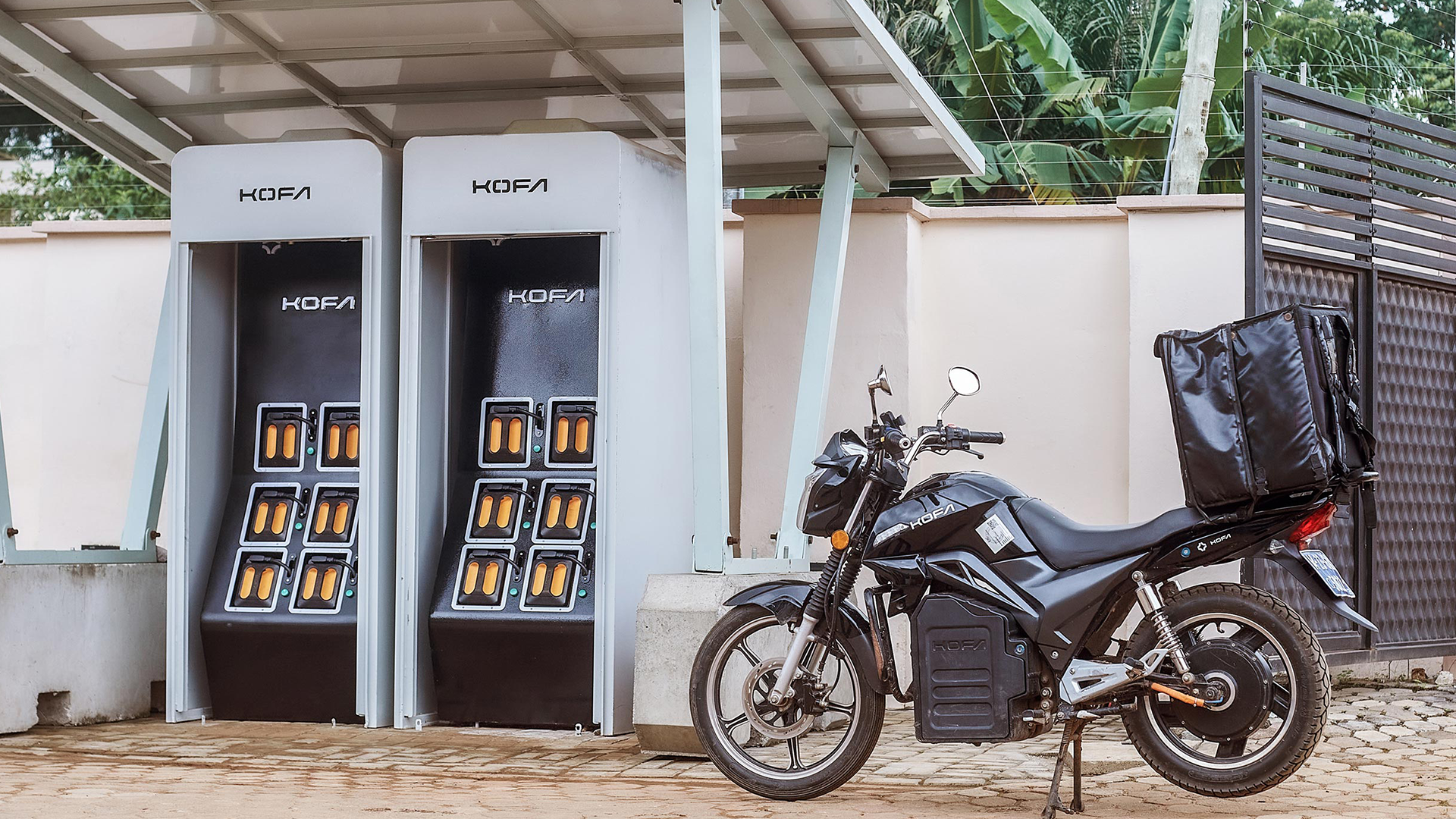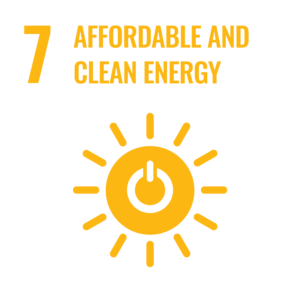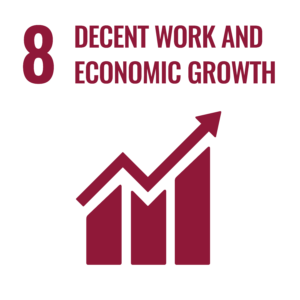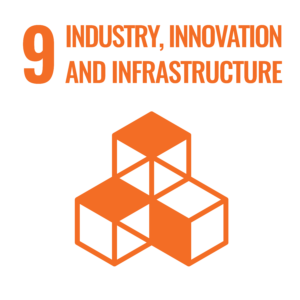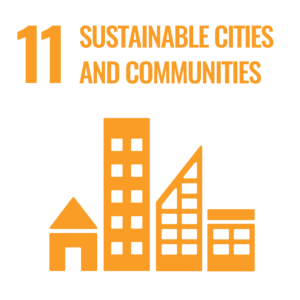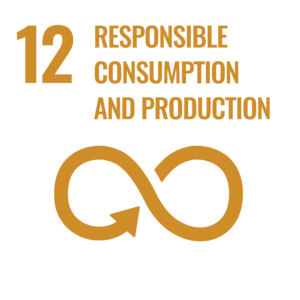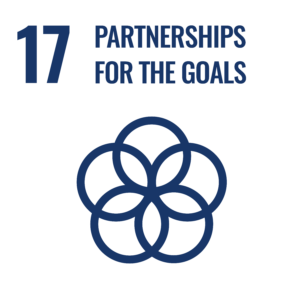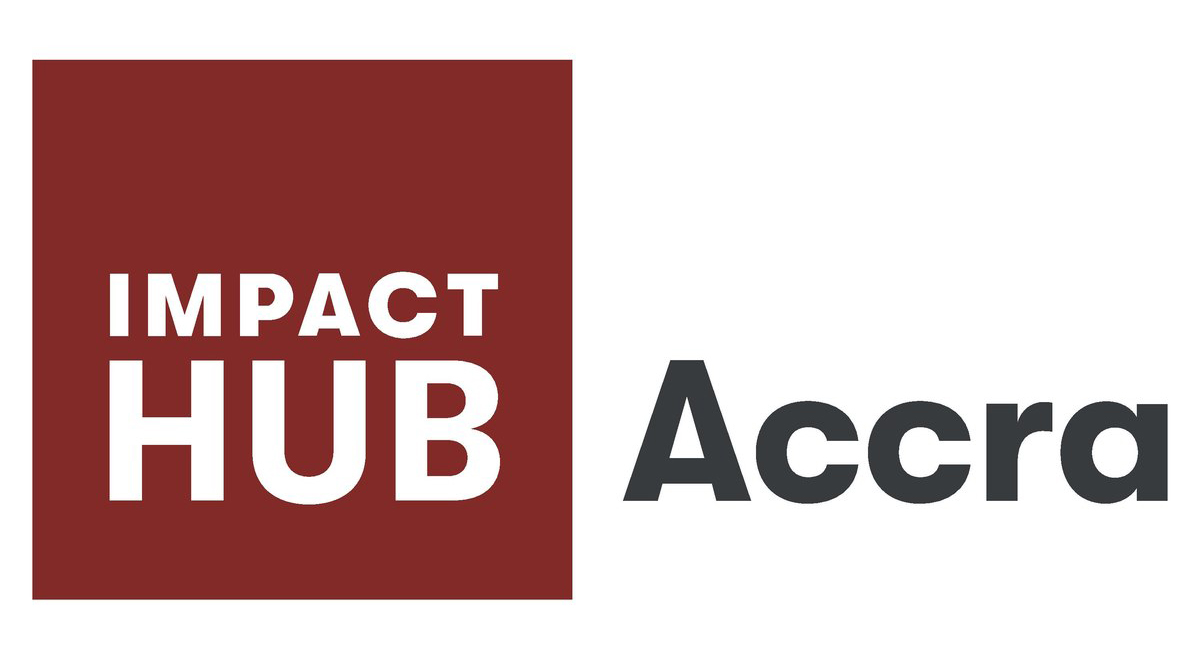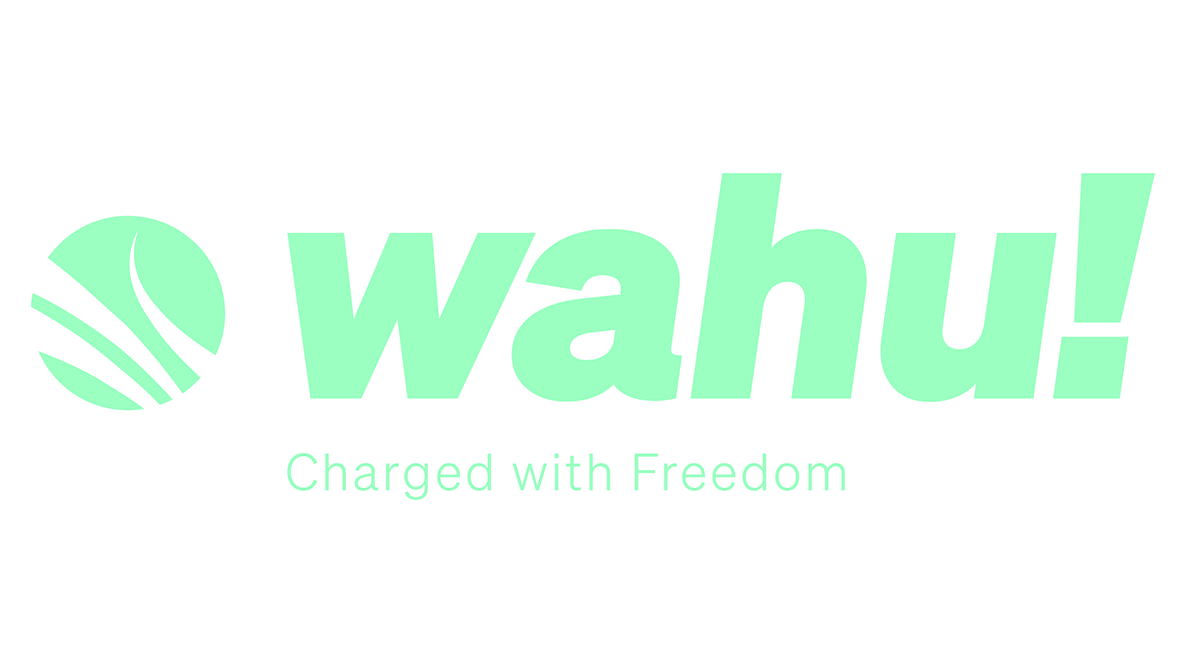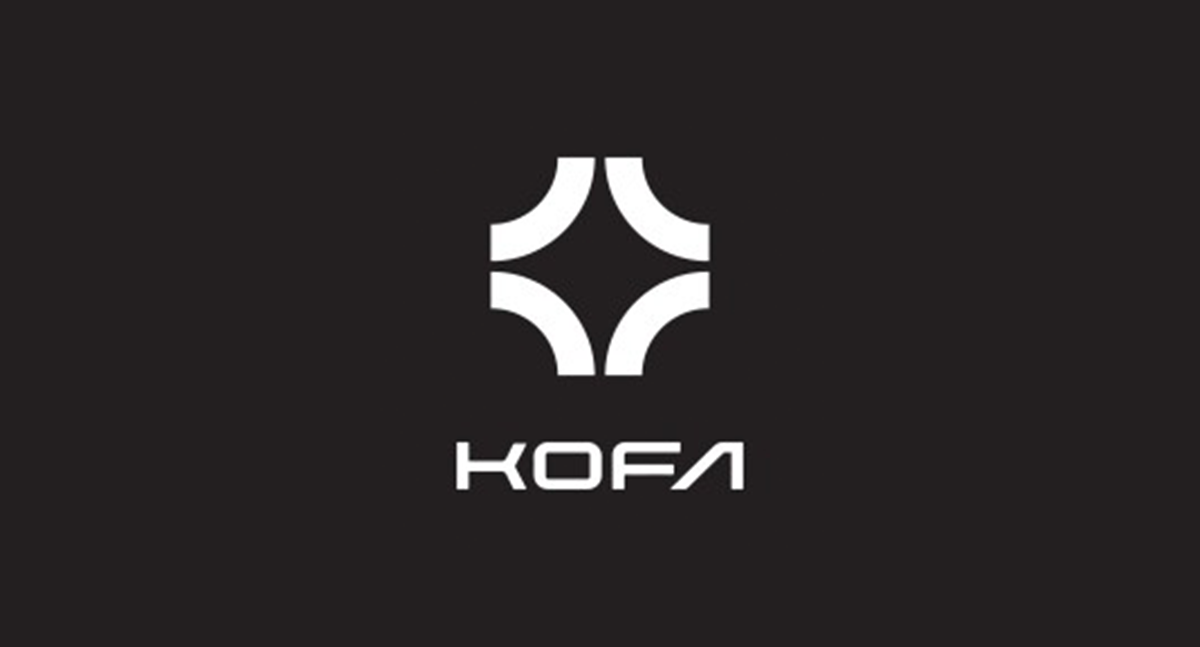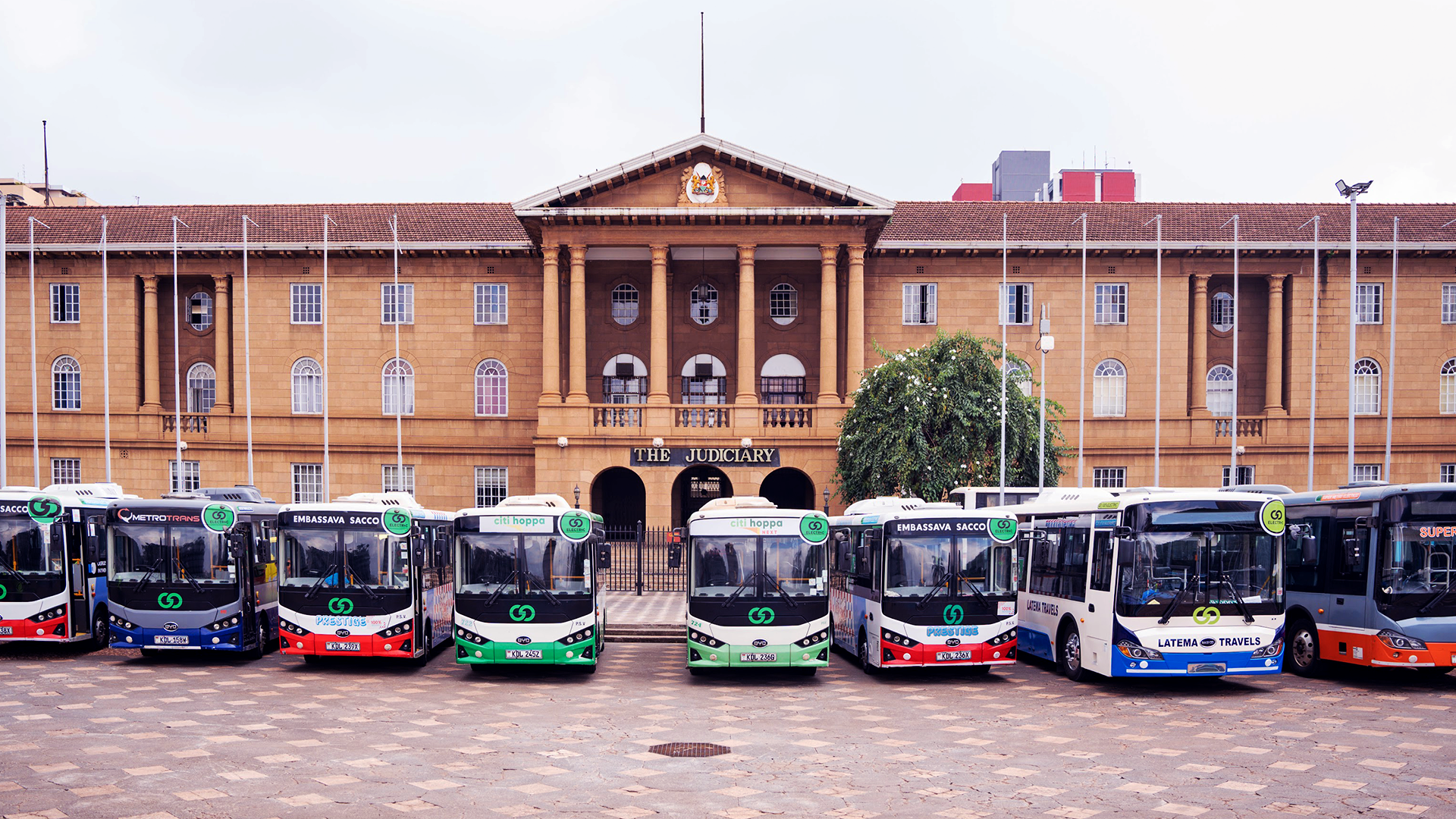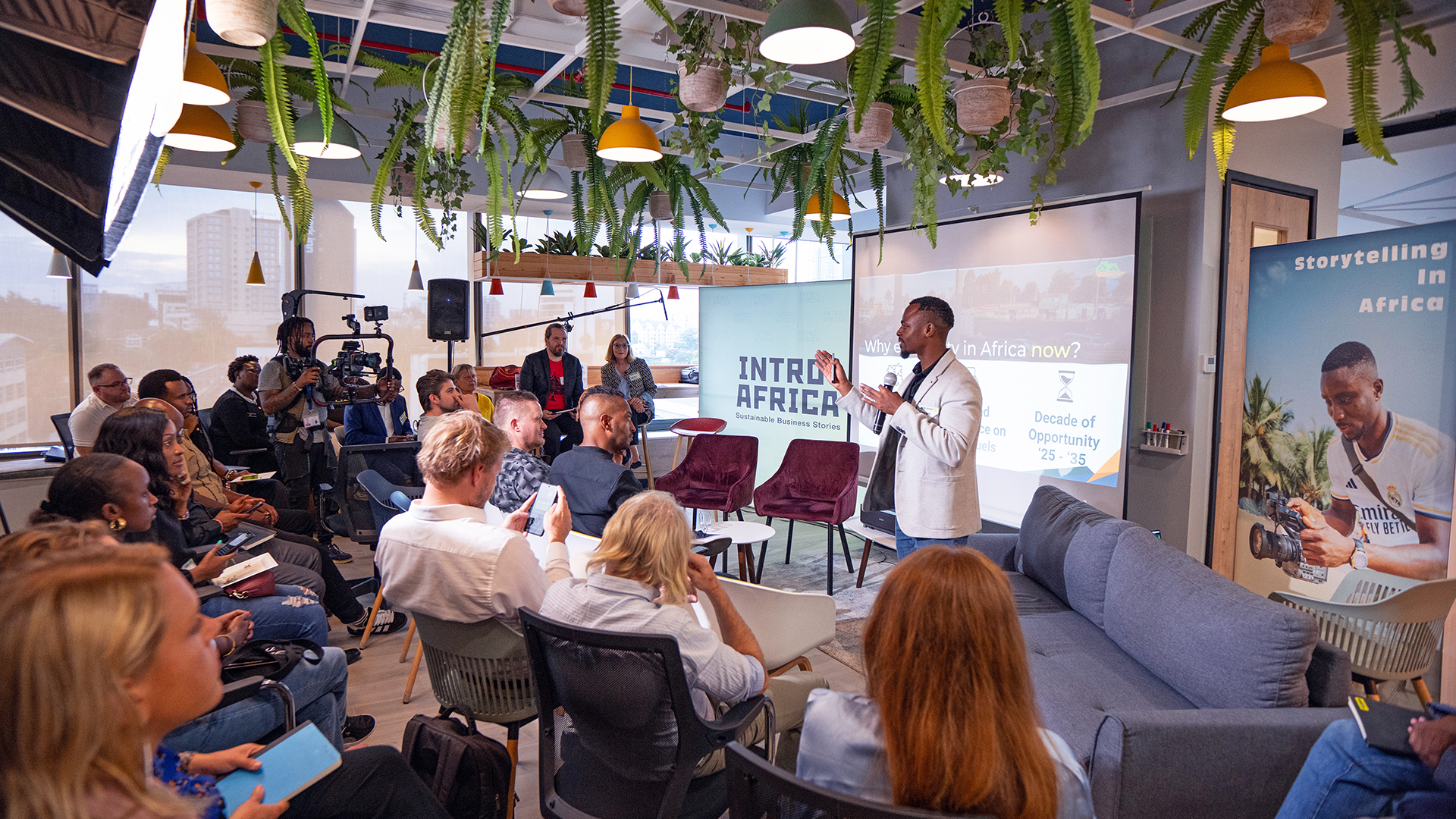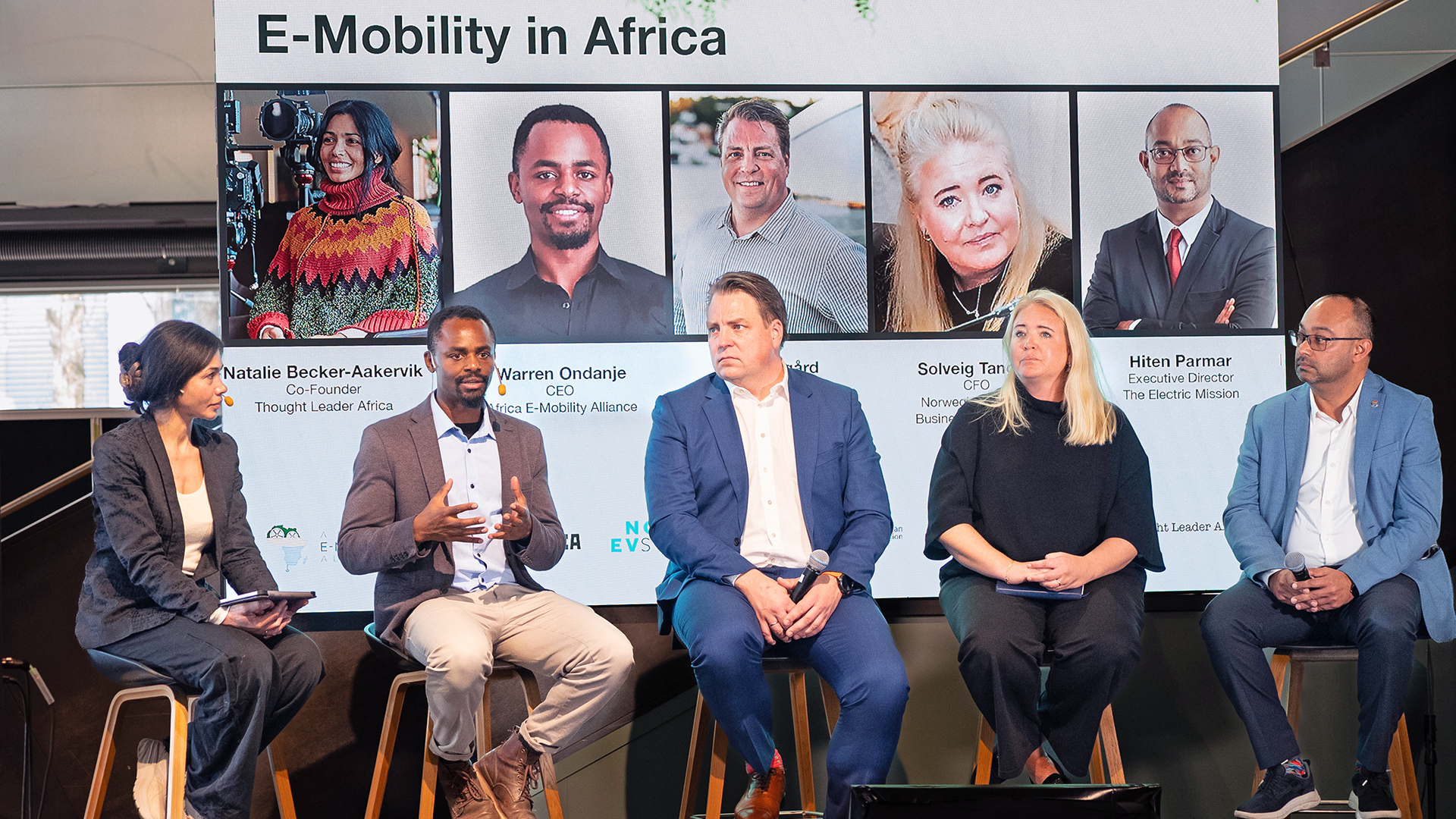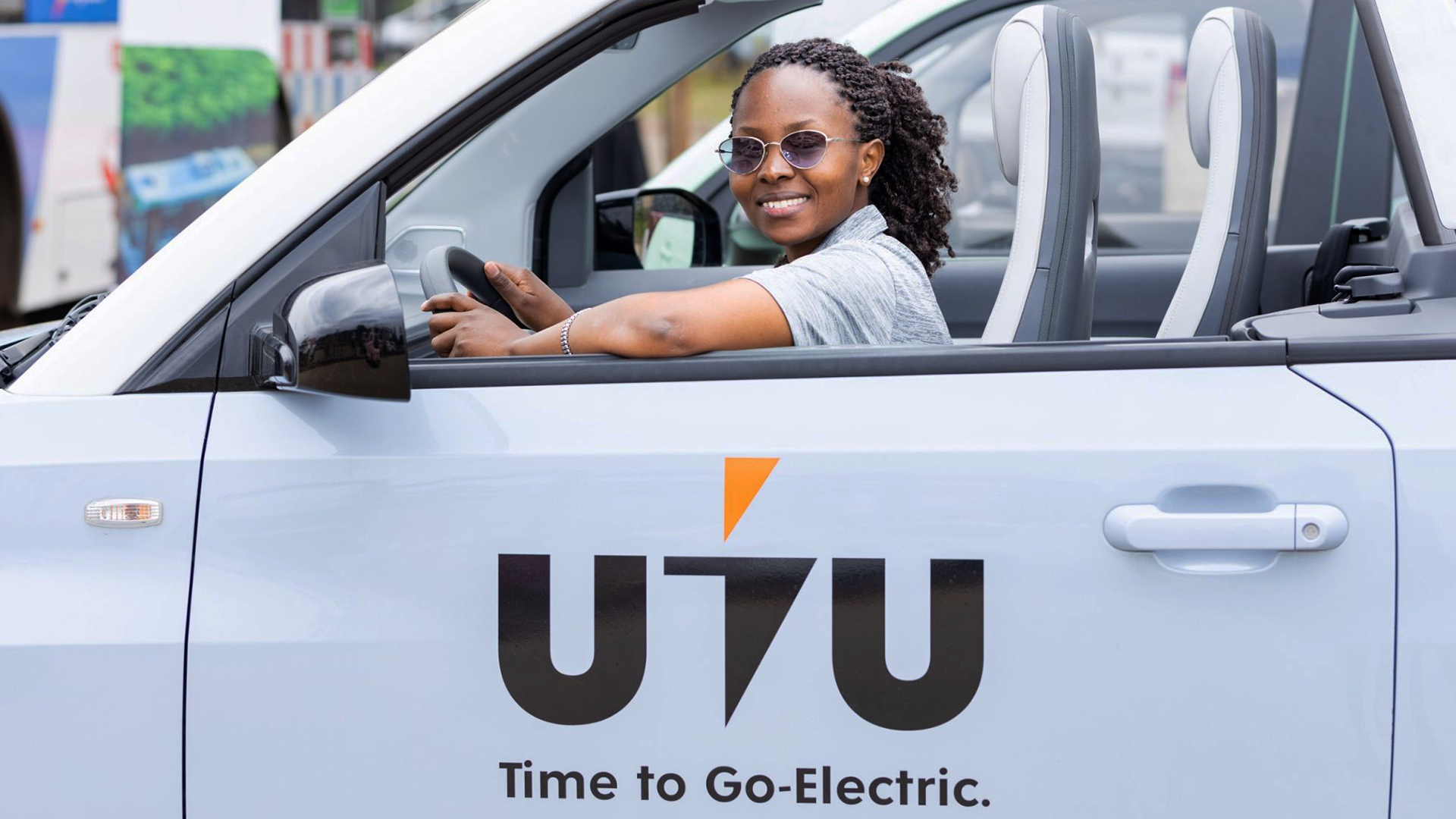How Regulation is Driving Africa’s Electric Mobility Shift
Transforming Last-Mile Delivery: Ghana’s Growing E-Mobility Potential
With a robust electricity grid, abundant solar energy for battery swap stations, and short travel distances, Ghana is emerging as a prime location for Electric Vehicle (EV) development in Africa. As the last-mile delivery sector expands rapidly, a unique opportunity is unfolding, one that could redefine urban mobility through the adoption of electric two- and three-wheelers.
Forward-thinking industry leaders have recognized this potential and are accelerating efforts to drive the transition. This video feature explores Ghana’s evolving e-mobility landscape, spotlighting key players such as WAHU, Kofa and The Impact Hub Accra, a trailblazer in sustainable business innovation.
Established over a decade ago, Impact Hub Accra has been at the forefront of Ghana’s startup ecosystem, providing a launchpad for young entrepreneurs focused on technology, business, and social impact. Initially fueled by risk capital from international development partners, the Hub has evolved into a powerhouse for venture development. Today, as climate action takes center stage in Africa’s economic narrative, Impact Hub Accra is strategically positioning itself within the sustainability ecosystem, unlocking new market opportunities for businesses driving climate solutions.
In an exclusive conversation with Will Senyo, CEO of Impact Hub Accra, we explore how this pioneering space is shaping the future of e-mobility in Ghana, fostering innovation, and supporting ventures that will redefine Africa’s transportation landscape. What does the future hold for e-mobility in Ghana? How are industry leaders working to scale solutions that can transform last-mile delivery? Watch the full story to find out.
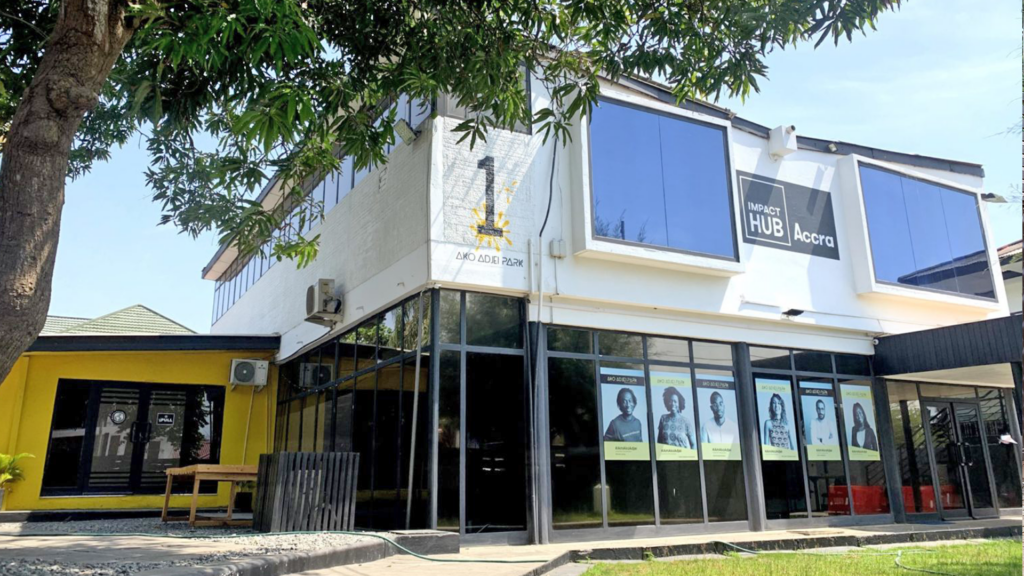
IA: How did you begin the focus on EV´s?
Will Senyo: We set our focus on the last mile delivery, playing a catalytic role across Africa, a new emerging economy of digital storefronts. It meant moving low value goods from one point to the other on these gasoline motorbikes. And we thought, how cool will it be if we could go from that to EV bikes instead, both reducing the cost of operating these fleets, and at the same time helping to lower the carbon emission of the entire sector. And that is how we ended up working with Electric Vehicles.

IA: Tell us about the developments of the EV´s in Ghana?
Will Senyo: So the Ghanian EV transition, it became very obvious that the entry point will not be four wheelers. The expectation in global markets is that cars will lead the way in the transition . In our context, because of the practicality that comes from scarcity, we realised that the adoption point will be the most practical point. So it’s not someone who wants to reduce their carbon footprint, that is starting our movement. It’s someone who looks at their petrol expenditure versus charging and then making a long-term argument for themselves, why this is probably the best. So it became very obvious that the economic incentive for adoption is way higher than the sentiment incentive, right? So the last mile two wheeler market opportunity has become the dominant story in the EV transition particularly in Ghana. But like everything else, we think it can move from there to the next level.
The next level will be the EV adoption in ride sharing, because the market exists already and the cost efficiencies can be profitable very quickly, if engineered right. We believe the last adoption will likely be the personal use case. So currently Ghana, dominant story, last mile delivery dominated by the two-wheeler operators. We think the next one will likely be three-wheeler still in the logistics game. Then it will go to ride hailing apps, before it comes to personal owned EVs.
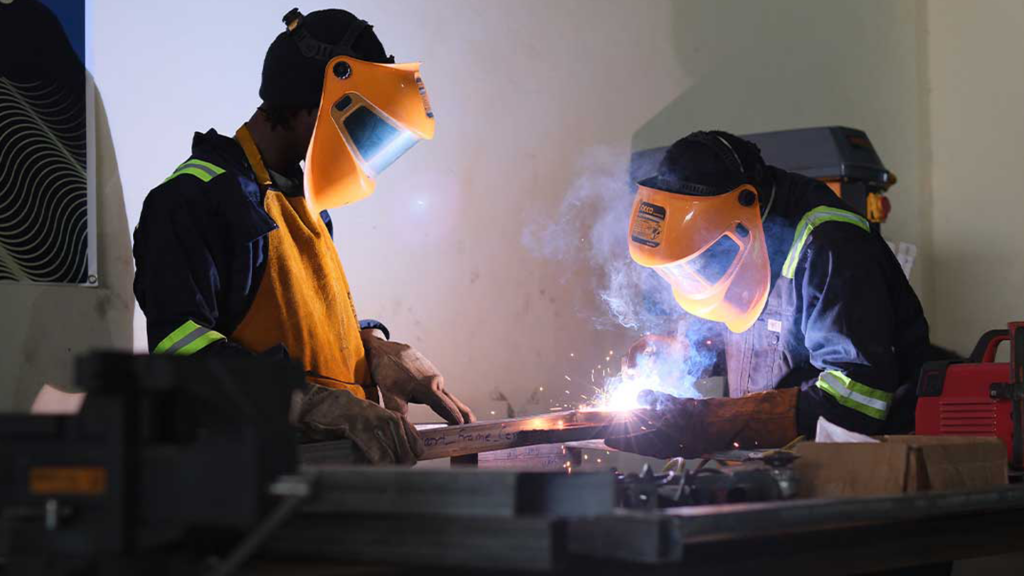
Lokaliasation has also happened organically. Some of the bikes that first came into the market were aluminium frames. It became very obvious that given the roads that we have those frames were too light. And when they broke, it was not easy to repair. So steel was a much better product to use in this market. You can easily weld steel when it breaks or bends. So all of these two-wheelers, you can see that part of the reason they will be winning is that they are a localised product. In Ghana most the two-wheelers are using two batteries instead of one. This is a way to have a backup solution, because you want to make sure that they have a longer range for deliveries. And then they’re also doing swappable batteries with swap stations.
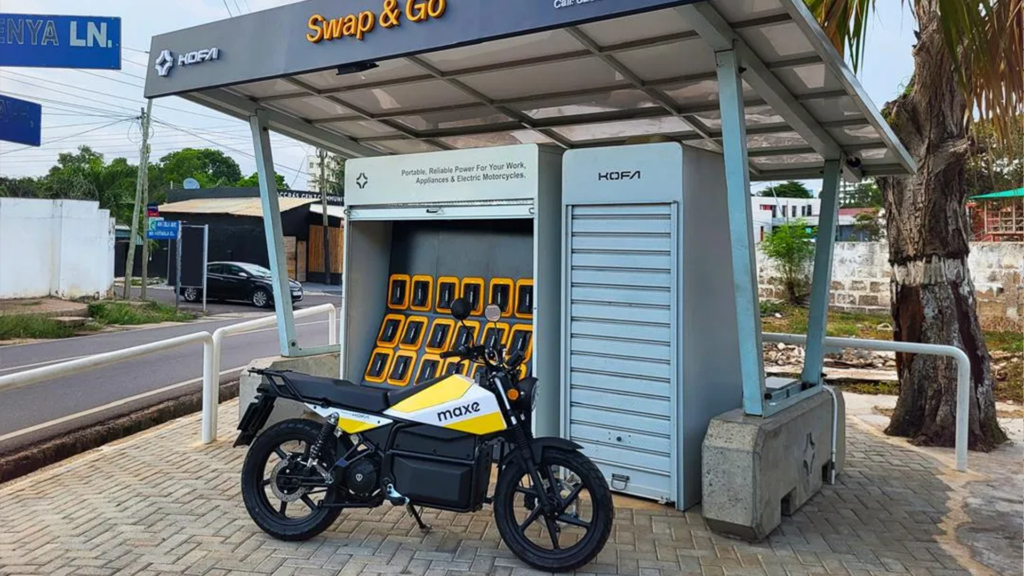
And I think that the players in Ghana have done very well, building locally relevant products. If you look at the unemployment situation and this being a transitory employment path, there’s a whole market opportunity here, where this could be a pipeline for getting people out of unemployment.
Once there’s a mix of capital and commerce opportunities, we think that adoption is not a problem. The biggest challenge right now is securing asset financing and finding financial tools to make barriers to entry really low. If that can be fixed with some financial engineering and new financial tools, adoption will catch fire without a doubt.
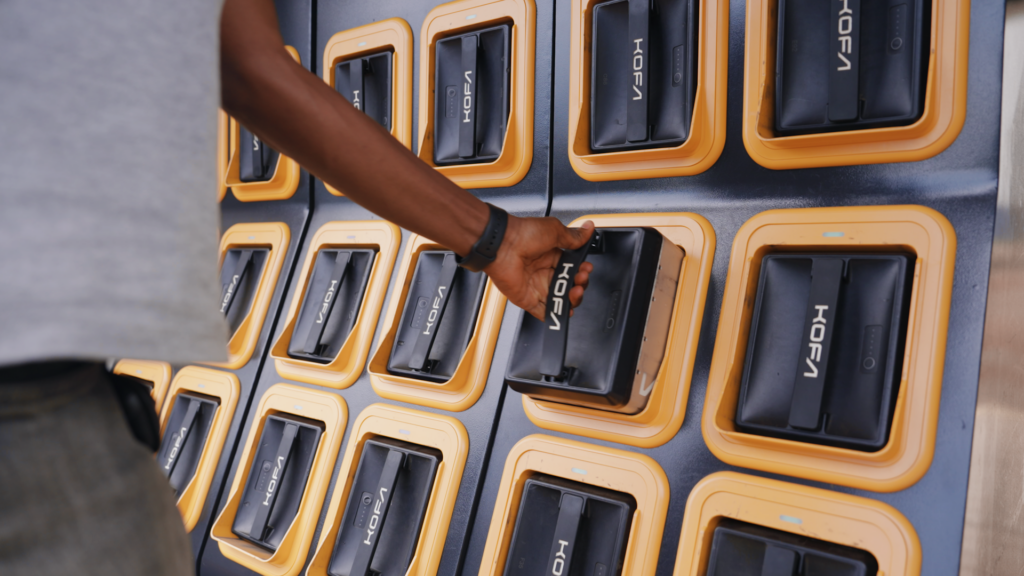
For us in Ghana, we don’t see the government over-regulating anything thankfully. Some markets have challenges with people putting too much regulation even before something takes off. We worked on how you can deploy new tools into the market to be able to unlock the market opportunities that we’ve seen. Over the last three years, we have been working with the German government and Siemens Stiftung as a local partner. We went from being a venture support institution to slowly transitioning to a venture builder, where we actually raise the risk capital, find a market opportunity and bring in technical talent. We give the entrepreneurs runway to develop their experiment and pilot and then go to commercial ventures from there.
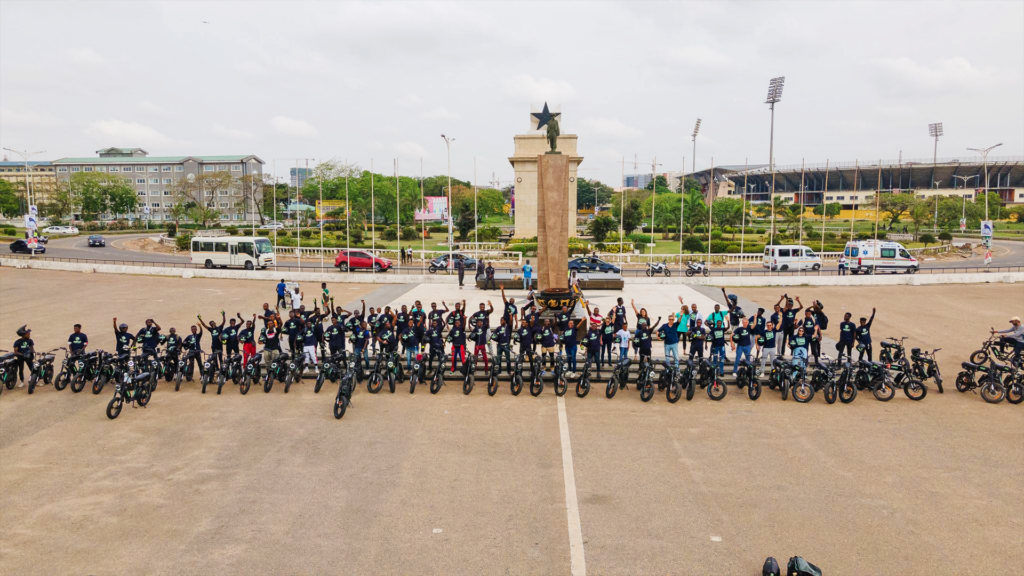
IA: What’s the role of partnerships in what you do?
Will Senyo: There’s a limit, especially when you operate in these parts of the world, there’s a limit to a number of things. There’s a limit to technical depth, right? The pool of talent that have deep insight in a specific area can be very limited, especially if it’s future technologies. So you always need partnerships that can add needed insight, technical training and support. It’s a very key ingredient in the work we do. We acknowledge the limitations of our ecosystem, and we are constantly bringing global talent to help to augment those gaps. So a core part of the partnership is trying to unlock global capital to do local work- By the world gaining understanding on what the market opportunities are, we are building new narratives about developing economies.
One of the sure bets on the African continent today, in my view, is any play in the convergence of EV and transportation. Whether it’s moving goods, whether it’s moving people, anything that is trying to electrify transportation in my view, is a winner. A significant part of urban Africa, doesn’t have existing public transit solutions, It’s privatised, decentralised, it’s very chaotic. There’s an opportunity to both regularise and also electrify that industry. The capital required is not on the continent or even if it is, the risk appetite is not high. So we target Global investors with a higher risk appetite and an interest in impact.
These are all opportunities waiting to be tapped. And with the right financial tools, they can unlock jobs for the masses. So for me, it’s almost like a no-brainer. It’s fairly obvious.
There is a certain dominant approach to financing that has become the template for all industries. But when we have new industries, we should look at the market opportunities and build financial tools for it. Given how heavy the asset financing can be in the EV conversation, we believe the conversation has to move to, what are there local financing tools that we can use to improve adoption, for example?
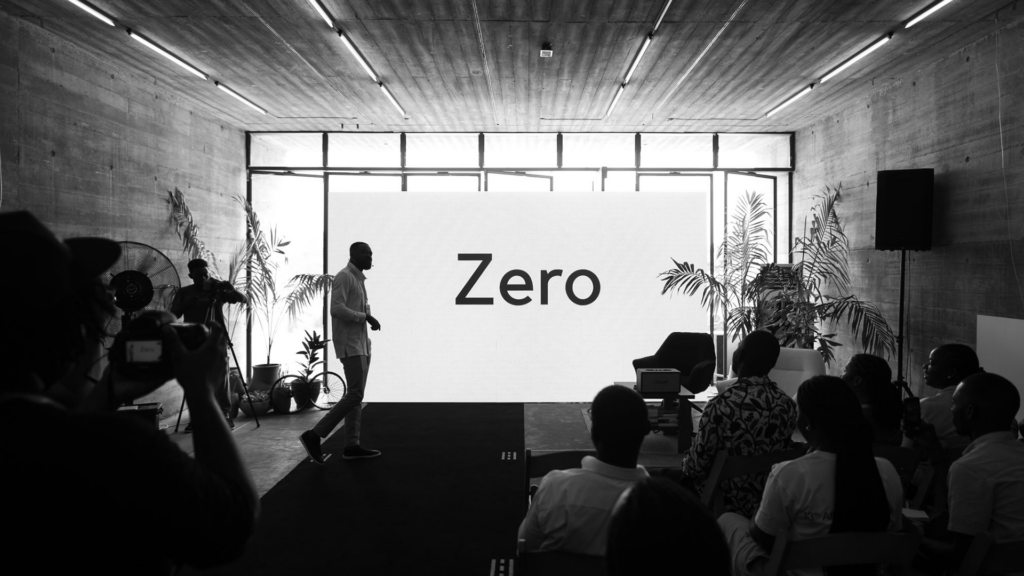
IA: Tell us about Net Zero Accra
Will Senyo: So we started Net Zero Accra in partnership with the German government and Siemens Stiftung based out of Munich. And the idea primarily has been around the emerging economy of EV’s, and the world of potential that it would create here. We have very practical conversations with different players, and then do research at advocacy and deploy small amounts of capital to unlock those things that need to happen. NetZero Accra is an experimental convening platform focused on deploying capital insights and talent to unleash new market opportunities in the EV game.
And that’s what we’ve done over the last three years, Hosting events as a big part, which is about signalling and bringing awareness to these things and our advocacy work where we have been issuing reports. Sometimes it’s easier to show people than tell them. So Net Zero Accra is about show, not tell. Constantly showing what’s possible. And then the final part is about bringing the world to Accra and showing what happens here so people can be excited. And on the capital side, making sure that people know that there’s actual money to be made on EV’s. It’s not all about feeling good inside because we are reducing carbon emissions, but also that we can actually have economic impacts here.
We are coming to the end of NetZero Accra, releasing a report that will share all our failures. As an actual focus, we will share what we feel and think no one should repeat and then we’ll celebrate some of the successes and the parts that we’ve unlocked and things that we’ve catalysed over the past three years. But it will also be kind of a statement of our intent for the future. And what we are now convinced needs to happen, and that is to focus on electrifying public mass transit, helping to unlock new opportunities there as well. We think that the way that Ghanaian masses moves around today is not dignified and we need to elevate the experience, It’s 2025 and we can do better as a city.
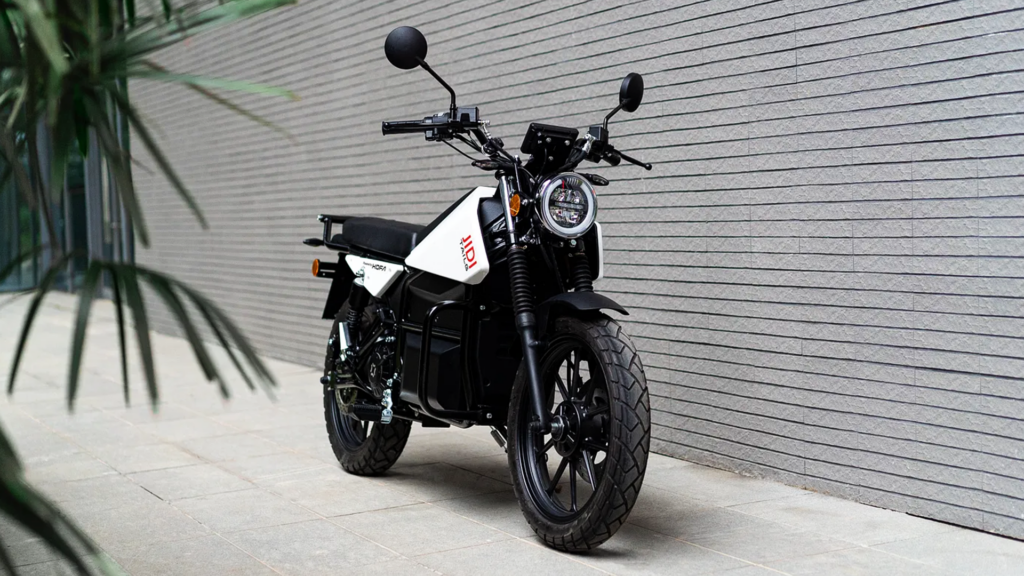
IA: What does the future look like?
Will Senyo: The future. Let me give you a good example. Three years ago we sat down with a mix of partners and said what if every time I ordered something online, the delivery that came to deliver didn’t use gasoline. And we all said yeah, why not? Today 80% of the time I order food it is delivered with an EV that was not here three years ago. We imagine what this city can be like and we think the next level of that is to move away from just delivery, to move from delivery to mass transit and reimagine how our people move. The whole intention is bringing dignity to how the masses move around and then adding a layer of EV and comfort to that experience.
The global EV transition has taken different forms. There is the world of Elon Musk building fancy cars for rich people so they can feel good about reducing their carbon emissions. Great focus, because rich people are important too. But in emerging markets we don’t have the luxury of fancy. The real concern is around safety, cost, practicality, these things.

And so we think that there’s an opportunity to create all new transportation systems on this continent that are focused on the practical needs of its people right now. But at the same time find ways to reduce the single owned vehicles that we all reach for as a status symbol. And we can almost re-engineered how society operates based purely on how we move people. And we think that is an exciting challenge and an opportunity to put capital, talent and energy towards.
So for anyone excited about the opportunity outside of highly regulated markets, beautiful, amazing, high energy, high market value and high growth opportunities, why not jump in, your talent, your capital, your insight to make some great work happen on the African continent. And we can reshape how people move and possibly bring some innovation to the western societies as well. So that’s the real opportunity here. That’s it.
